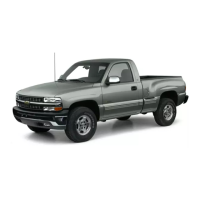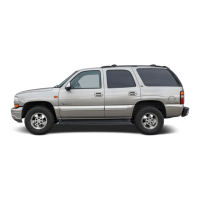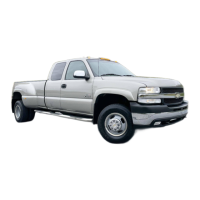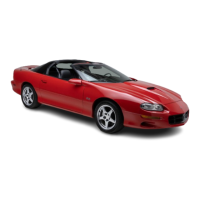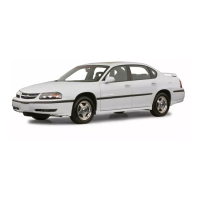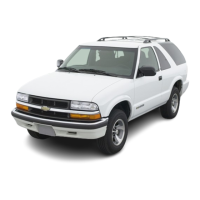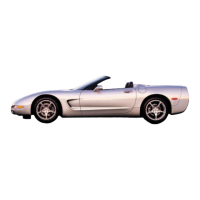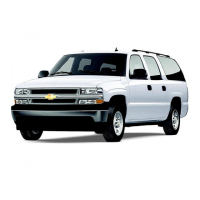Do you have a question about the Chevrolet 2001 Prizm and is the answer not in the manual?
Explains the use of safety cautions and symbols like 'CAUTION' and the 'don't' symbol to convey critical safety information.
Information on adjusting manual front seats, including unlocking, sliding, and securing seats properly.
Explains the proper use of safety belts and the importance of wearing them, including air bag system information.
Covers safety belt usage for pregnant women, air bag systems, and general child safety in vehicles.
Details the features, usage, and securing procedures for the vehicle's integrated child restraint system.
Describes various types of child restraints like infant car beds, rear-facing seats, forward-facing seats, and booster seats.
Procedures for starting the engine with automatic and manual transaxles, including safety notices.
Details the different gear selector positions (PARK, REVERSE, NEUTRAL, DRIVE, SECOND, LOW) and their operations.
An overview of the instrument panel components and their functions.
Explanation of various warning lights, gages, and indicators on the instrument panel and their meanings.
Details on operating the heating, ventilation, and air conditioning systems, including airflow and temperature knobs.
Emphasizes being prepared for unexpected events and maintaining concentration on the driving task.
Details the effects of alcohol on driving ability and the dangers of drinking and driving.
Describes the function of ABS, how it works, and the associated warning light.
Explains what happens when control systems exceed tire-road friction limits and how to regain control.
Guidance on maintaining traction and control when driving on slippery surfaces like snow and ice.
Essential advice and cautions for safely towing a trailer, including equipment, handling, and weight considerations.
Detailed, safe procedures for jump starting a vehicle using jumper cables and another vehicle.
Information on recognizing and responding to engine overheating, including steam from the engine.
Advice on handling a tire blowout or slow leak, including steering and braking techniques.
Step-by-step instructions on safely changing a flat tire using the vehicle's jack and tools.
Information on engine oil, including checking the level and adding oil, with related warnings.
Guidance on when to check and change automatic transaxle fluid, and how to check the fluid level.
Explanation of the cooling system, what to use for coolant, and safety precautions when adding coolant.
Discussion on identifying brake pad wear through sound, and inspection of brake components.
Crucial information on tire maintenance, including pressure, wear, and the dangers of improper use.
Guidance on checking tire pressure, the importance of correct inflation, and the compact spare tire pressure.
Details on services to be performed and their frequency, based on driving conditions.
Maintenance intervals and services applicable to vehicles used for short trips, city driving, or severe conditions.
Maintenance intervals and services for vehicles primarily used for long trips or highway driving.
Owner-performed checks and services, including fluid level checks, tire inflation, and hood latch operation.
A list of recommended fluids and lubricants by usage, including part numbers and specifications.
Information on the free roadside assistance program, including services offered and contact numbers.
Instructions on how to report vehicle safety defects to NHTSA and contact information.
| Brand | Chevrolet |
|---|---|
| Model | 2001 Prizm |
| Category | Automobile |
| Language | English |

